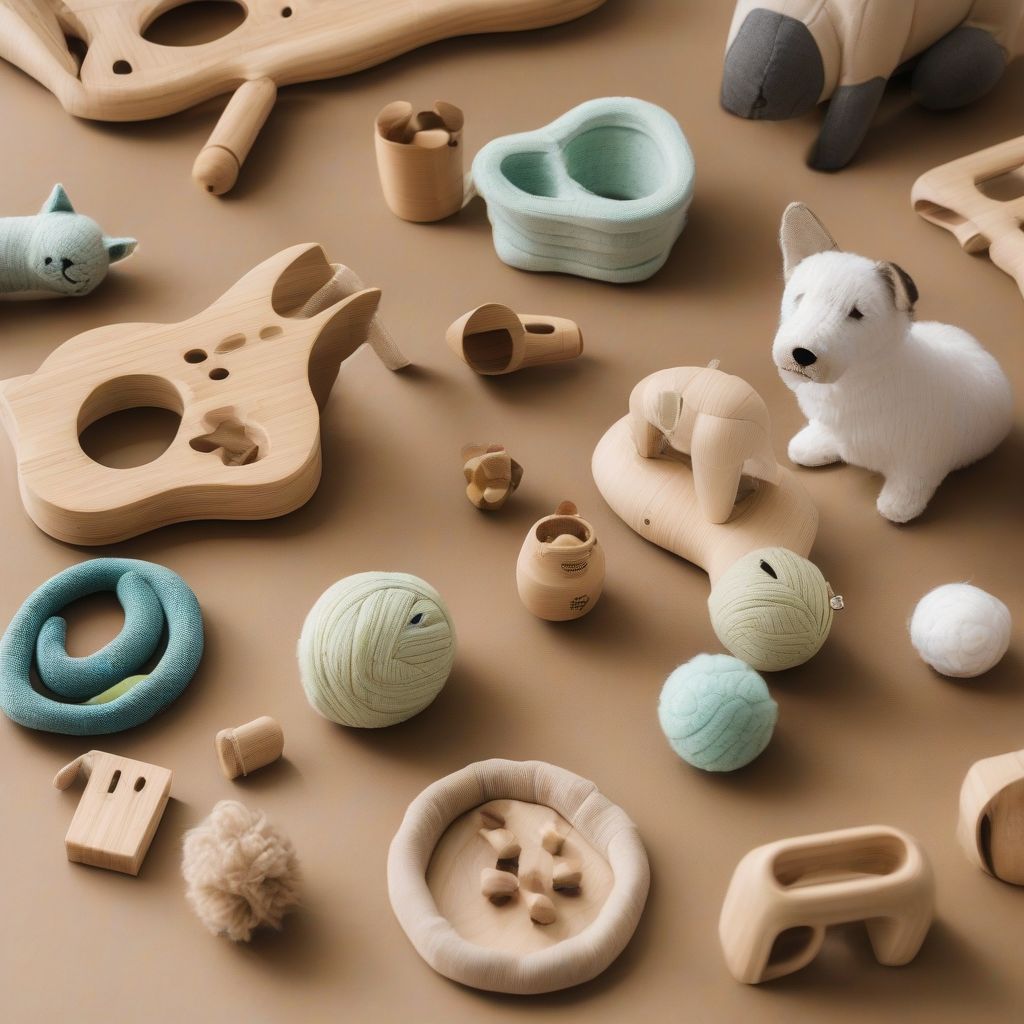Imagine this: you’re cuddling your furry best friend, feeling the warmth of their love, and knowing you’re providing them with the very best. But what if that “best” came at a hidden cost – to the planet and other animals? Ethical and sustainable sourcing in pet care is no longer a niche concern but a fundamental aspect of responsible pet ownership. It’s about making choices that benefit not just our pets but also the world they (and we) live in.
Understanding Ethical and Sustainable Sourcing
Before we dive in, let’s clarify what we mean by “ethical and sustainable sourcing” in the context of pet care. In essence, it’s about ensuring that everything our pets need – from food and treats to toys and accessories – is produced in a way that considers the well-being of animals, the environment, and people.
What Makes Pet Products Ethical?
Ethical pet products go beyond just being “cruelty-free.” It means:
- No animal testing: Products aren’t tested on animals at any stage of production.
- Responsibly sourced ingredients: Ingredients are sourced from suppliers who prioritize animal welfare and environmental sustainability.
- Fair labor practices: Workers involved in the production process are treated fairly and paid a living wage.
The Sustainability Factor
Sustainability focuses on minimizing the environmental impact of pet products. This includes:
- Eco-friendly materials: Using recycled materials, sustainably harvested resources, or biodegradable options for toys, bedding, and accessories.
- Reduced carbon footprint: Choosing brands that prioritize local sourcing, eco-friendly packaging, and sustainable transportation methods.
- Conservation efforts: Supporting companies actively involved in conservation efforts that protect wildlife and their habitats.
 Sustainable Pet Products
Sustainable Pet Products
Why Should We Care?
It’s easy to feel overwhelmed and wonder if our individual choices truly make a difference. But the truth is, they absolutely do. Here’s why embracing ethical and sustainable sourcing in pet care is crucial:
1. Protecting Animal Welfare
Factory farming, a major source of ingredients for many conventional pet foods, often involves inhumane practices. Choosing ethically sourced pet food ensures that the animals raised for consumption are treated with respect and dignity.
2. Preserving Our Planet
The pet industry has a significant environmental footprint. By choosing sustainable alternatives, we can reduce deforestation, plastic waste, and greenhouse gas emissions associated with pet product production and transportation.
3. Supporting Responsible Businesses
Our purchasing decisions hold immense power. When we support companies committed to ethical and sustainable practices, we send a clear message to the industry that these values matter.
4. Safeguarding Our Health
Sustainable farming practices often mean fewer pesticides and chemicals used in the production process. This translates to healthier food for our pets and a reduced risk of exposure to harmful substances.
Making Informed Choices
Navigating the world of ethical and sustainable pet products doesn’t have to be overwhelming. Here’s a roadmap to guide you:
1. Read Labels Carefully
Pay attention to certifications and labels such as:
- Certified humane: Ensures animals were raised with humane treatment standards.
- Global Animal Partnership (GAP): Ranks animal welfare practices on a scale.
- Forest Stewardship Council (FSC): Certifies that wood-based products come from responsibly managed forests.
- Ocean Wise: Identifies sustainable seafood choices.
2. Research Brands Thoroughly
Don’t hesitate to dig deeper! Visit company websites, read reviews, and look for information about their sourcing practices, labor standards, and environmental initiatives.
3. Consider Sustainable Alternatives
- Food and Treats: Explore options like insect-based protein, sustainably sourced meat, and plant-based alternatives.
- Toys: Choose toys made from natural materials like rubber, hemp, or bamboo. Look for recycled content whenever possible.
- Bedding: Opt for beds made from organic cotton, hemp, or recycled materials.
- Grooming Products: Switch to natural, biodegradable shampoos and conditioners that are gentle on your pet and the environment.
4. Reduce, Reuse, Recycle
- Purchase in bulk: This minimizes packaging waste.
- Repurpose old items: Get creative and turn old t-shirts into tug toys or use cardboard boxes for DIY scratching posts.
- Dispose of waste responsibly: Choose biodegradable poop bags and recycle packaging whenever possible.
5. Support Ethical and Sustainable Companies
Vote with your wallet! By supporting companies that prioritize ethical and sustainable practices, you contribute to a more responsible pet industry.
[amazon bestseller=”Sustainable Pet Products”]
A Pawsitive Future for Pets and the Planet
Making conscious choices about the products we buy for our pets is an act of love – for them, for our planet, and for future generations. Every small step we take towards ethical and sustainable sourcing makes a difference. By supporting companies that share these values, we can create a brighter and more compassionate world for all creatures, great and small.
Remember, the journey towards a more sustainable and ethical pet care routine is ongoing. Don’t be afraid to ask questions, do your research, and make gradual changes that align with your values and your pet’s needs. Every effort counts!
